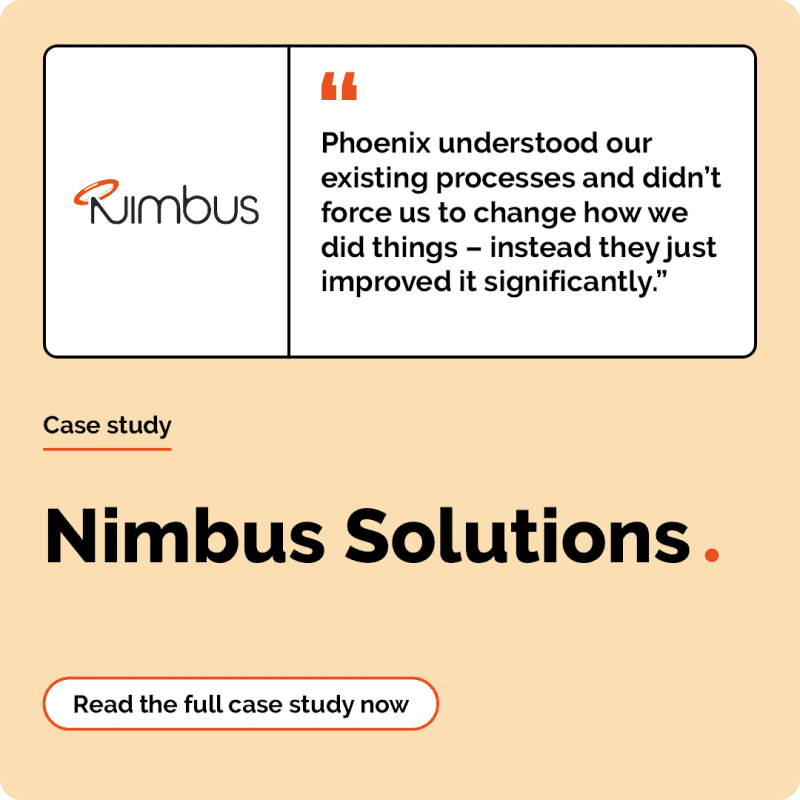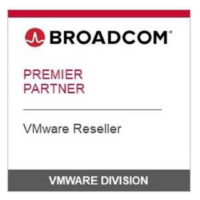What is hybrid cloud?
Hybrid cloud refers to a computing environment that combines on-premises infrastructure with cloud services from one or more public cloud providers. In a hybrid cloud setup, data and applications seamlessly move between the private and public clouds, allowing organisations to take advantage of the scalability and flexibility of the public cloud while retaining control over sensitive data and certain applications on-premises.
This approach provides a balance between the benefits of both private and public clouds, offering greater flexibility, optimisation of existing infrastructure, and the ability to meet specific organisation requirements.


Hybrid Cloud – Cloud Extend
Creating a hybrid cloud by extending the technology currently running in public clouds to your own on-premises data centres is a new way to solve some of today’s IT challenges.
Hybrid Cloud – Cloud Extend brings native cloud to you and allows organisations to leverage native cloud services for most of their workloads but have some or even single specific application of datasets which can’t be moved to the cloud. We regularly see organisations with line of business applications which run more effectively when local to their users, and we also see customers with large datasets for who the cloud ingress/ egress charges would be cost prohibitive.
These services are fully managed by the cloud provider, who look after both your cloud platform and the extension of the cloud platform running in your data centre.
Some vendors provide and manage the on-premises hardware you need to operate, while others such as the Azure Stack offering from Microsoft, which can start from two server nodes and provide the flexibility for you to choose your own hardware vendor.


Hybrid cloud frequently asked questions
The hybrid cloud approach lets you leverage the strengths of different cloud environments, while mitigating risks and maximising flexibility. It allows you to retain sensitive data on-premises while utilising public cloud scalability for other workloads.
Hybrid cloud combines on-premises infrastructure with public and private cloud servers, whereas multi-cloud involves using services from multiple cloud providers simultaneously.









